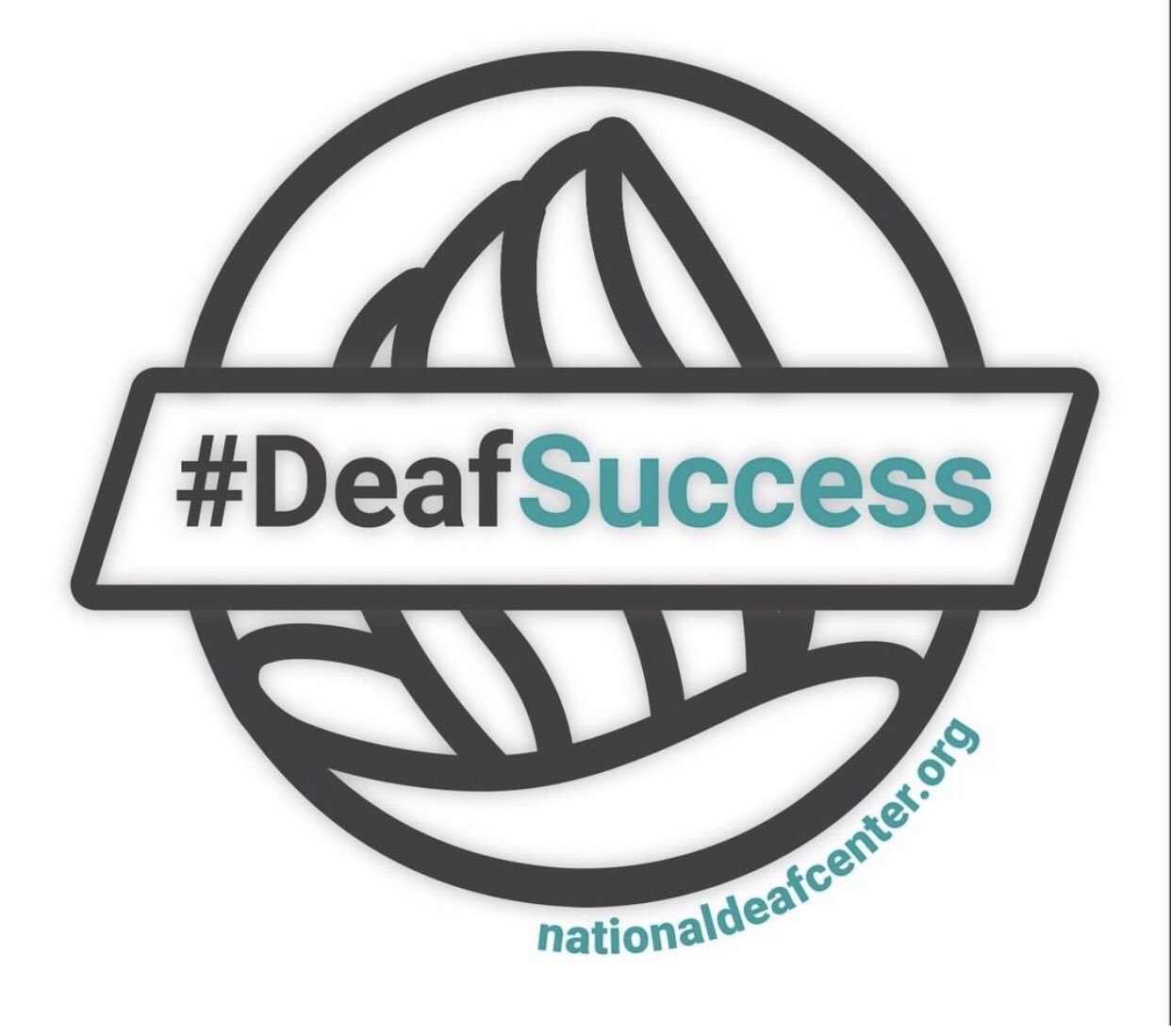In a guest blog post for the National Deaf Center on Postsecondary Outcomes (NDC), Dr. Stephanie Cawthon — who founded NDC in 2017 and served as its director until January 2021 — explains the key ways that faculty in colleges and training programs can boost outcomes and achievements of their deaf students.
The findings are based on a measure of accessibility developed by Dr. Cawthon during her leadership of the organization and which is still used by NDC today.
She also writes the post from her perspective as a deaf faculty member at a four-year public university, where she is keenly aware of her own students’ needs as well as what she calls the “culture of access” on campus as a whole.
To help expand our understanding of the culture of access, NDC conducted surveys focused on accessibility from three different perspectives — deaf students, faculty, and disability service professionals.
Dr. Cawthon and the NDC team analyzed the data from 181 faculty members throughout the U.S. Something different about this data set is that nearly a quarter of the participants were deaf (21%) or disabled (33%) faculty — a much higher representation than usually seen in surveys about access for deaf students.
Key takeaways:
-
Faculty members play a central role in supporting accessible learning environments for deaf students in postsecondary education and training settings.
-
Faculty members, on average, scored their institutions in the mid-range in their accessibility for deaf students.
-
A faculty member’s higher academic rank, not years of experience, may correlate with a more positive view on the accessibility of their home institutions and programs.
-
The full college experience matters, especially access to social capital — the “water cooler” moments, informal interactions, incidental learning, advice giving-receiving, and networking opportunities that are such a critical yet often last considered part of an accessibility plan.
